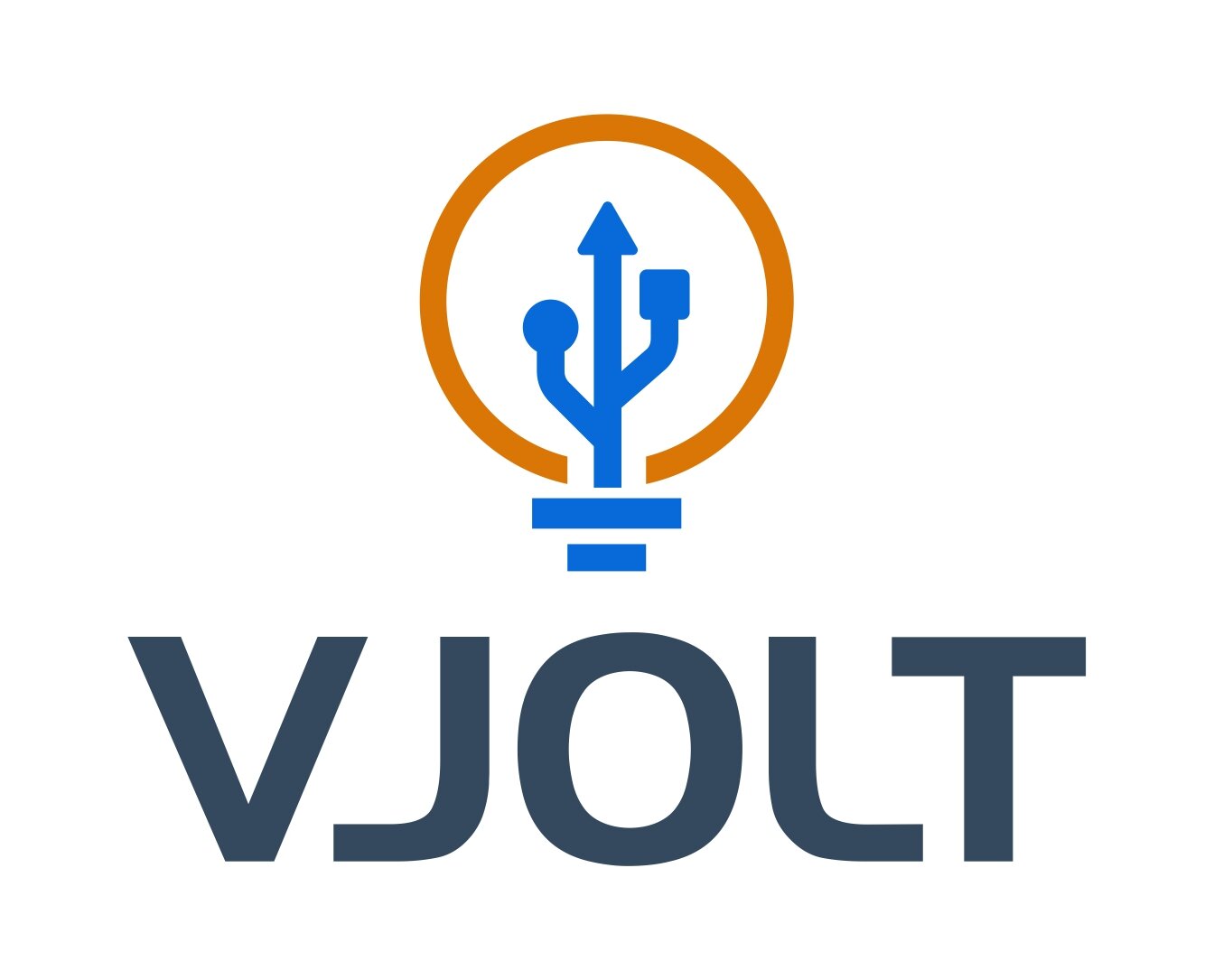SUMMER 2025 ISSUE
E-COMMERCE TRANSFORMATION AND THE DEFINITION OF RELEVANT MARKETS IN ONLINE RETAIL: DYNAMIC LANDSCAPE IN MULTIPLE LAYERS OF COMPETITION
Caio Mario da Silva Pereira Neto, Ricardo Ferreira Pastore, and Antonio Bloch Belizario
Professor of Law at FGV Direito SP, São Paulo, Brazil, LLM (2002) and JSD (2005) Yale Law School; LL.M. Stanford Law School (2012); LL.B. FGV Direito SP.
LESSONS LEARNED? REGULATING BIOTECHNOLOGY AND NATIONAL SECURITY AFTER THE COVID-19 OUTBREAK
Kristina Lorch
J.D., University of Virginia School of Law; M.P.A., Princeton School of Public and International Affairs
STORM CLOUDS ARE BUILDING: SURVEILLANCE, SOVEREIGNTY, AND STATE INTERESTS
Johan David Michels, Christopher Millard, and Ian Walden
Researcher and PhD candidate, Queen Mary University of London; Professor of Privacy and Information Law and Principal Investigator, Queen Mary University of London; Professor of Information and Communications Law and Principal Investigator, Queen Mary University of London and solicitor
